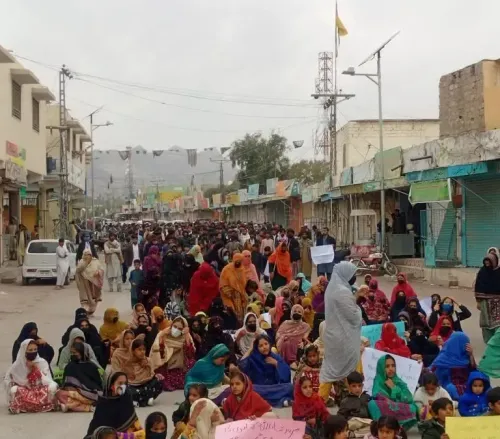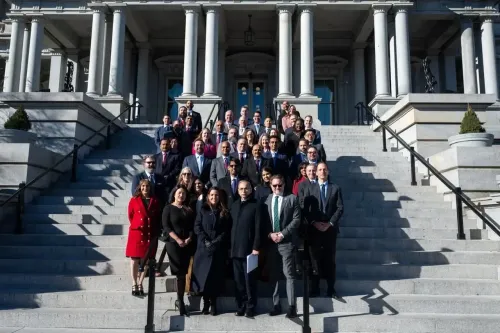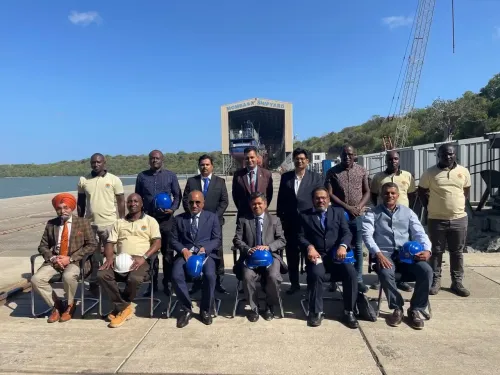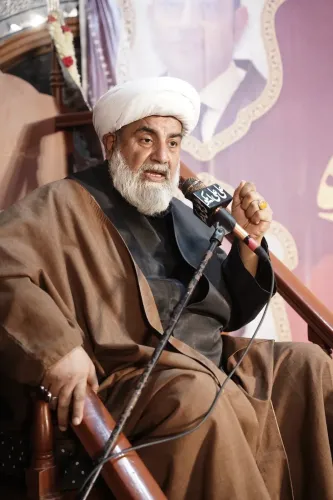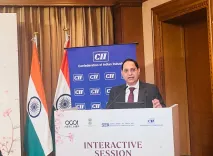Why Did Israeli PM Recall Negotiation Delegation from Doha?
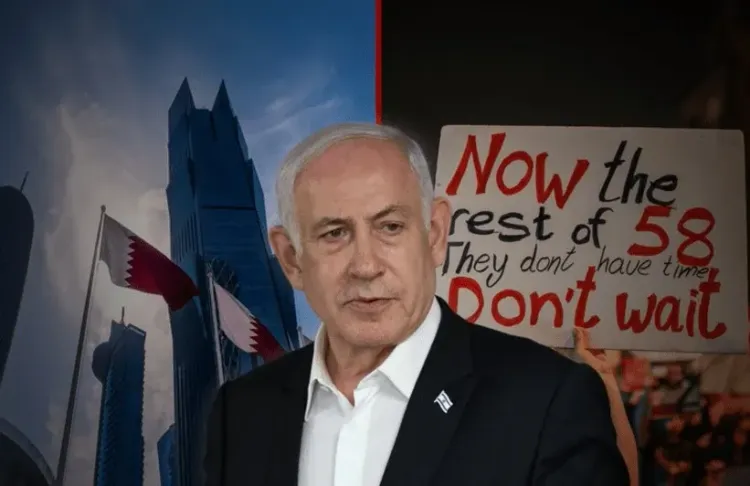
Synopsis
Key Takeaways
- Israeli PM Netanyahu has recalled the delegation due to stalled negotiations.
- Hamas accused Israel of obstructing the talks.
- Key disagreements involve the conditions for a ceasefire and hostage release.
- Operation Gideon's Chariots marks a significant escalation in military actions.
- The humanitarian crisis in Gaza continues to worsen amidst ongoing conflict.
Jerusalem, May 23 (NationPress) Israeli Prime Minister Benjamin Netanyahu has instructed the Israeli delegation to return from Doha, as confirmed by a senior Israeli official who referred to the situation as "an impasse" in the discussions with Hamas regarding a ceasefire in Gaza and the release of hostages.
Speaking anonymously, the official revealed that Israel recalled its senior negotiation team on Tuesday for further consultations following a week of indirect talks. Consequently, the remaining working-level team in Doha is also set to return.
In a statement on Tuesday, Hamas accused the Israeli government of obstructing the negotiations, asserting that the lower-level team remaining in Doha lacked the authority to finalize any agreement.
The group criticized Netanyahu for "misleading global public opinion" and pretending to engage in the negotiation process, claiming that no significant discussions have occurred since Saturday.
According to an Israeli diplomatic source, Israel's state-owned Kan TV reported that the talks collapsed due to a crucial disagreement. Israel proposed a temporary truce in exchange for the release of only some hostages, while Hamas demanded international assurances, particularly from the US, that Israel would not resume hostilities in return for the release of all hostages.
"The sides failed to resolve their differences, despite pressure from Washington," the diplomat stated.
In January, Hamas released 33 Israeli hostages as part of the first phase of a three-stage ceasefire and prisoner exchange agreement, which also included five Thai nationals not involved in the deal. In March, Israel declined to move to the second phase after a two-month truce, resuming military operations.
Since then, Israel has dismissed international appeals to cease hostilities and permit humanitarian aid into the besieged enclave, where UN experts warn of a spreading famine.
On Saturday, Israel initiated Operation Gideon's Chariots, marking a significant escalation in its 19-month campaign.
Israeli officials state that the objective is to defeat Hamas and recover the 58 hostages still held in Gaza.
The operation aims at seizing complete control of the Gaza Strip, maintaining military oversight, and relocating the population southward, according to Israeli sources.
The Palestinian death toll has surpassed 53,762 since the conflict began, as reported by Gaza health authorities on Thursday.


